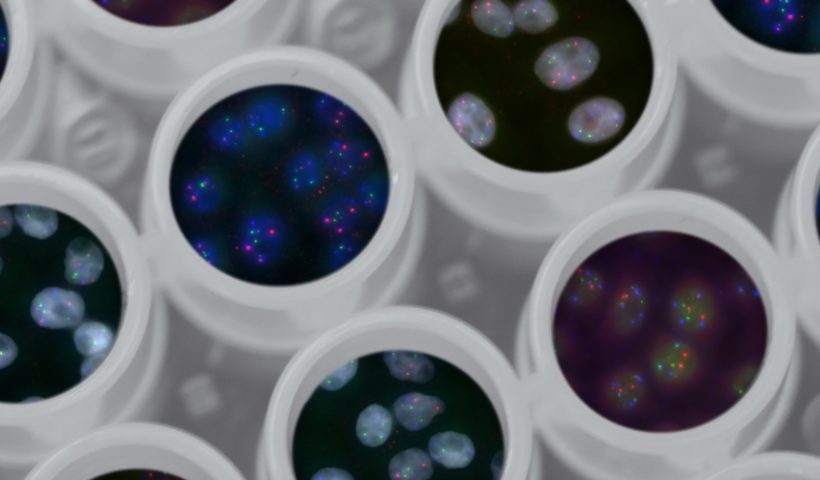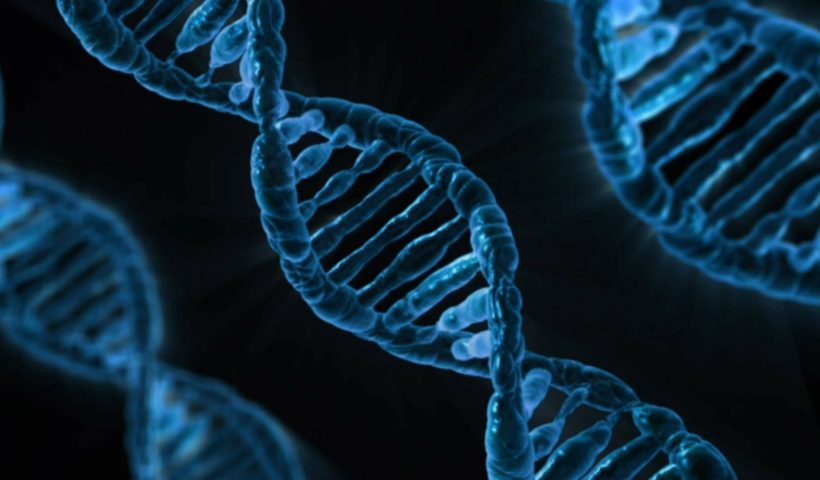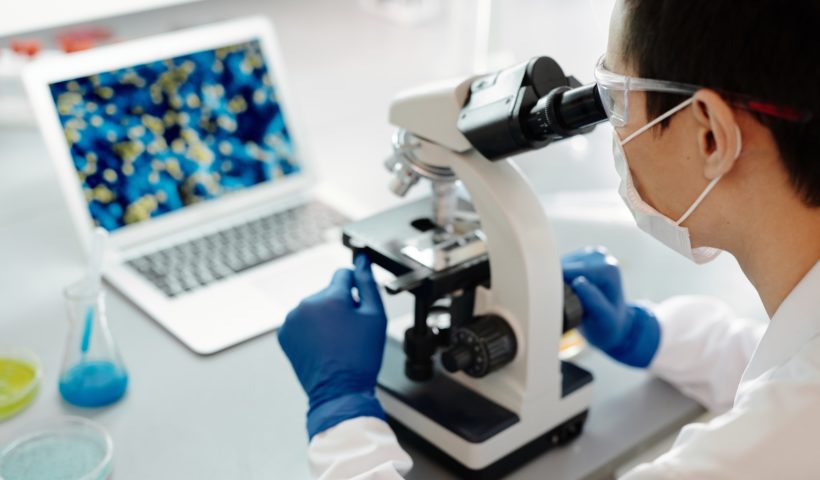Gene and molecular-level interventions are just one example of how modern medicine is seeking to push boundaries and uncover breakthroughs. CRISPR-Cas9 is the most common gene-editing technology used today. The Cleveland Clinic conducted a Phase 1, first-in-human clinical trial overseas to test the safety and effectiveness of a new CRISPR-Cas9 gene-editing therapy called CTX310. While a relatively new biotech startup, called Preventive, announced its plans to pursue embryo-editing technologies aimed at preventing hereditary disease, and preparing for the possibility of implanting a genetically edited embryo to create a baby. Many uncertainties surround gene editing practices, leaving professionals unsure of how far such technologies should go and how they should be regulated.
View More Build-A-Baby: Is Gene Editing the Future of Humanity?Tag: CRISPR
De-extinction: Does the End Justify the Means?
Colossal is a company committed to de-extinction. Its main mission is to bring back the woolly mammoth. This mission may help conserve critically endangered Asian elephants and mitigate the impacts of global warming. However, it also raises ethical concerns regarding the livelihood of wildlife that currently reside in the mammoth’s habitat.
View More De-extinction: Does the End Justify the Means?Study Announces Use of CAR T-Cell Therapy Against Solid Tumors
CAR T-cell therapy, a revolutionary treatment for blood cancers, genetically modifies T-cells using CRISPR to replace their receptors with specialized ones called CARs. These CAR T-cells target antigens on cancerous blood cells, triggering an immune response that enables the patient’s body to destroy cancer cells. Additionally, CRISPR is used to deactivate genes that hinder the therapy’s efficacy. However, CAR T-cell therapy has struggled to target solid tumors due to their heterogeneity. Recent research from MIT’s Koch Institute introduces a promising solution using amphile fluorescein isothiocyanate tagging (amph-FITC). By injecting tumors with amph-FITC tags and treating them with FITC-specific CAR T-cells, researchers achieved successful tagging and destruction of cancerous cells while minimizing impact on healthy tissue. This breakthrough, although not yet tested on humans, holds potential to effectively treat and cure various cancers if approved for clinical applications.
View More Study Announces Use of CAR T-Cell Therapy Against Solid TumorsGrowing Up with CRISPR
The three known children with successfully edited genomes through CRISPR are now raising questions about health, safety, and surveillance for genetically modified humans. Although their well-being is paramount, how do parents, researchers, and lawmakers balance physical, mental, and financial well-being throughout the childrens’ lives?
View More Growing Up with CRISPRCuring the Human Condition: The Ethics of Editing Our Own DNA
Thirty-two million Americans currently have health conditions linked to genetic defects, nearly all of which can be corrected by genetic editing with CRISPR-Cas9 technology. Opponents of gene editing abound, from those who point to their potential role in increasing the privilege gap between the rich and poor, to people who object morally to the idea of humans meddling with their own DNA, to pharmaceutical companies whose profits would be threatened by a reduced need for medication. However, after analysis of the ethicality of genetic editing technology with the frameworks of common good, utilitarianism, and fairness, it is evident that the eventual species-scale benefits that will be brought about by the technology outweigh its risks and flaws.
View More Curing the Human Condition: The Ethics of Editing Our Own DNABiohacking: The Ethical Implications of Democratizing Biotechnology
Biohacking is a Do-It-Yourself movement that encourages experimenting with biotechnology tools to find ways to improve one’s health and enhance one’s natural capabilities, and many in the movement advocate for the democratization of scientific tools so that everyone can participate in such scientific discovery. However, some biohackers take their experimentation to the extreme, and not all of them seem to understand the responsibility and risks associated with the scientific methods they employ. As a result, tension between the biohacking community and the professional science community has grown as biohacking continues to increase in popularity. Though the biohacking movement makes salient points about the way ethical precautions and regulation slow innovation, this paper explores the need for codes of ethics governing the pursuit of scientific discovery and how biohackers and traditional, trained scientists can reach common ground.
View More Biohacking: The Ethical Implications of Democratizing BiotechnologyProblems with CRISPR: Unintended Brain Enhancement on China’s Gene-edited Twins
3/1/2019 Profiled article A. Regalado, “China’s CRISPR twins might have had their brains inadvertently enhanced”, Feb. 21, 2019. [Online] MIT Technology Review. Available at: https://www.technologyreview.com/s/612997/the-crispr-twins-had-their-brains-altered/ [Accessed 24…
View More Problems with CRISPR: Unintended Brain Enhancement on China’s Gene-edited Twins






